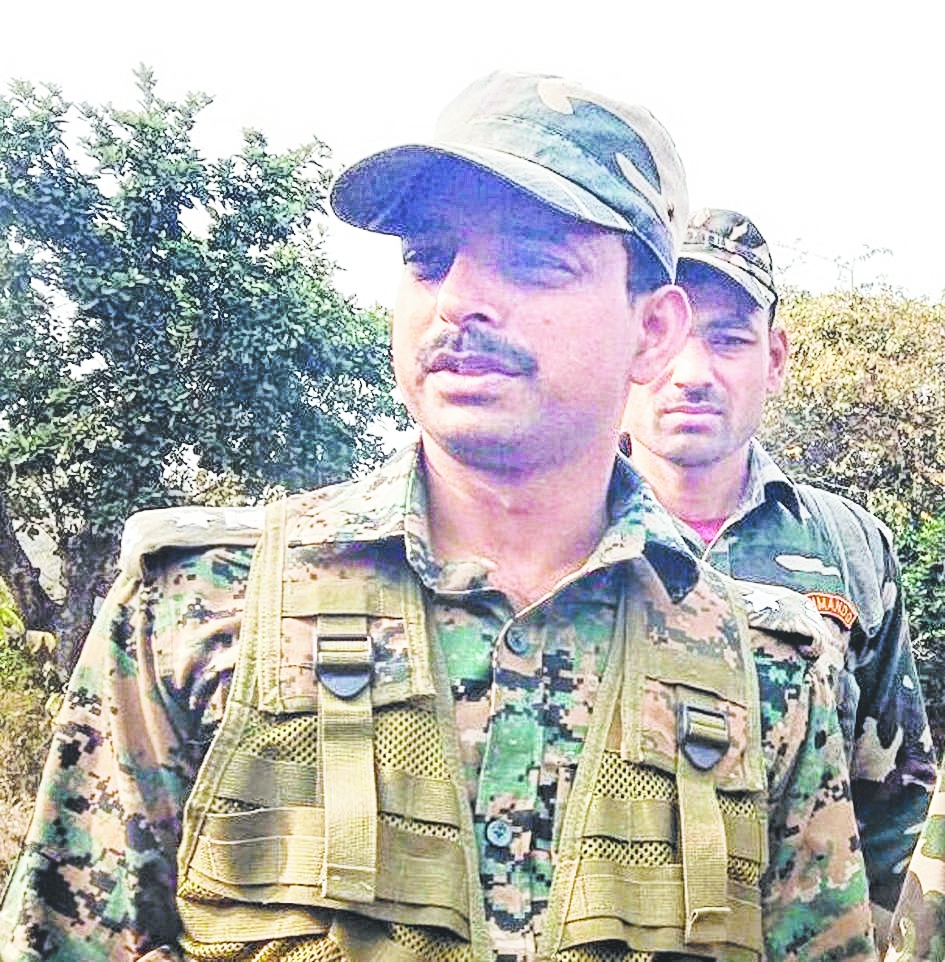
(Sanjay Choudhary)
Patna, July 20: Aurangabad superintendent of police Babu Ram, who is being criticised for his alleged poor planning and weak intelligence inputs resulting in the death of 10 CoBRA jawans on Monday night, today rebutted the allegations and asserted that he and his team had acted practically in the given situation or else more casualties could have taken place.
The 2009 batch IPS officer, who led the team of jawans to the dense forests of Sondaha on the Aurangabad-Gaya border, told The Telegraph that they had acted on the basis of every possible intelligence input received.
"I have come across reports which say that the operation was not planned in a proper way. This is totally baseless. I should assert that everything was neatly planned and the CoBRA battalion was taken into confidence during the planning. A team of the CoBRA battalion couldn't anticipate the presence of landmines in the area which led to the blast and was followed by multiple explosions. Every form of intelligence, whether local or electronic, was used," the Aurangabad police said.
The officer said the main challenge after the encounter was to rescue the wounded and bring back the bodies of those dead.
"I do not remember the exact time but the encounter went on until very late on Monday night. Information had been sent for a rescue helicopter but it came too late. It was very dark and the chopper couldn't land. It did an aerial surveillance and flew off.
"One has to understand that during the night, it is very difficult for a chopper to land at any place. We decided to be practical and not emotional as a hasty decision could have resulted in more casualties with the rebels still firing. There were five wounded men and we had to transport them somehow. We couldn't risk 50 lives for five. I was in constant touch with my senior officers who sided by the decision not to make the chopper land. All I can say is that the incident was unfortunate," Babu Ram said.
Police sources critical of the operation, however, maintained that all aspects on the terrain, the kind of IEDs expected to be planted etc, were not taken into account.
"One needs to have a fair knowledge about the terrain, the kind of IEDs one can face during the fight etc. The men got killed mainly due to the human pressure landmines which were planted in heavy numbers. If this was not anticipated, one has to say the planning was weak," said a senior police officer familiar with anti-Naxalite operations.










